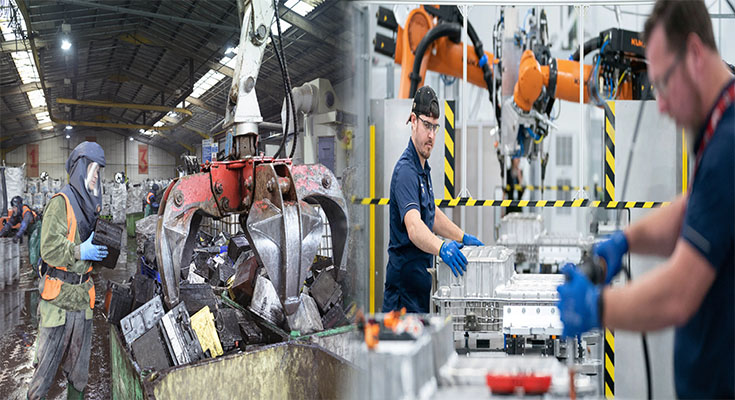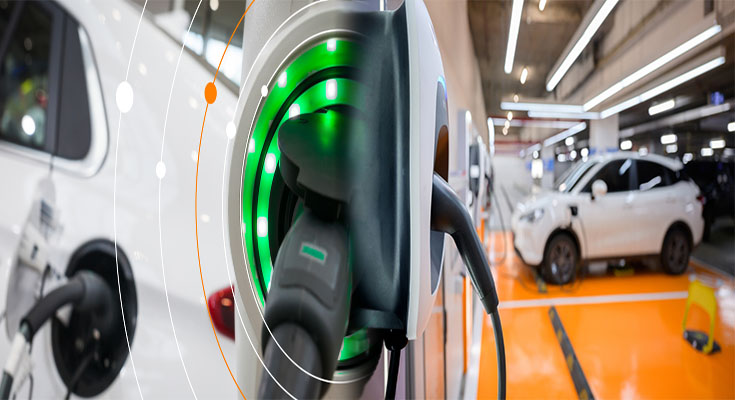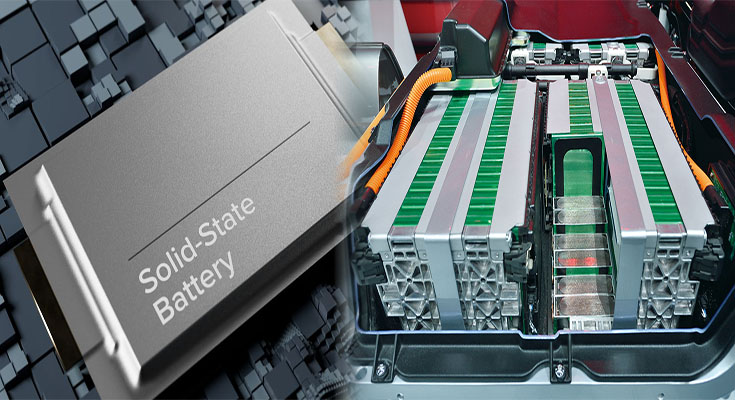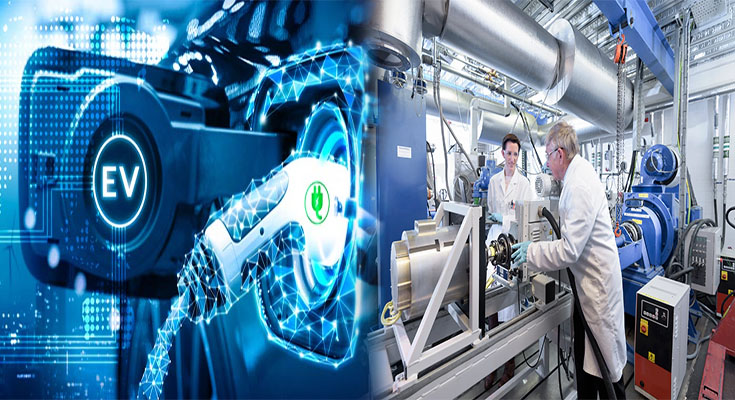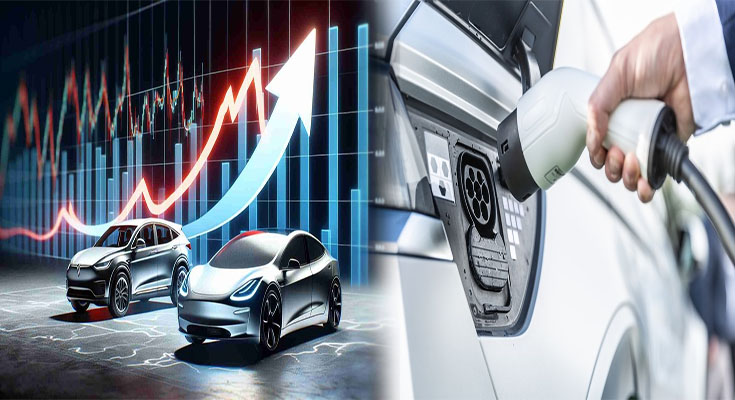
The Rapid Growth of the Electric Vehicles Market
Electric vehicles (EVs) have been generating considerable attention in recent years, and for good reason. The global electric vehicles market is experiencing remarkable growth, driven by a combination of technological advancements, environmental concerns, and supportive government policies. The development of new infrastructure, consumer demand for sustainable transportation, and increasing investment in EV research and development have all contributed to the burgeoning expansion of the electric vehicle market.
Technological Advancements
One of the primary factors influencing the growth of the electric vehicles market is the remarkable progress made in battery technology. The development of high-performance, long-lasting batteries has significantly improved the driving range and charging capabilities of electric vehicles, addressing one of the major concerns for potential EV buyers. Furthermore, advancements in electric motor technology have resulted in improved efficiency and reduced production costs, making electric vehicles more accessible to a wider range of consumers.
Environmental Concerns
The growing awareness of …
The Rapid Growth of the Electric Vehicles Market Read More

